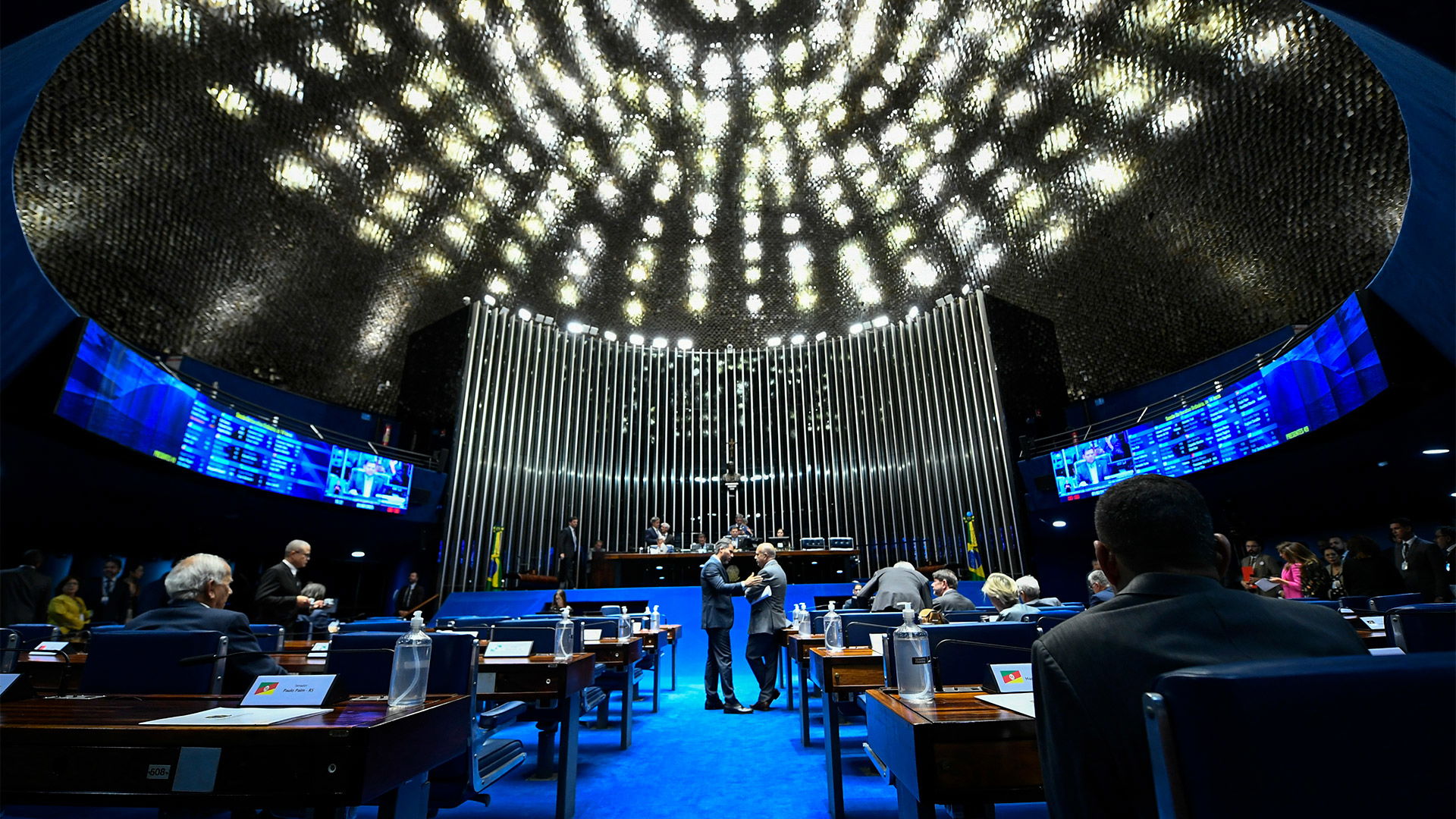Hawaii’s online sports betting bill advances to full Senate, passage still uncertain
A bill that could legalize online sports betting in Hawaii took a key step forward this week, advancing to the full Senate after clearing its final committee hurdle. House Bill 1308, introduced by Rep. Daniel Holt, was approved by the Senate Ways and Means Committee on Wednesday with an 11-2 vote, including four lawmakers voting in favor “with reservations.”
The measure, which passed the House earlier this year with a 35-15 vote, would authorize at least four sportsbook licenses, regulated by the Department of Law Enforcement.
The regulatory responsibility had initially been assigned to the Department of Commerce and Consumer Affairs, but concerns raised by department leadership led to the change.
The current version of the bill restores a 10% tax rate on adjusted gross revenue and a $250,000 license fee valid for five years, terms originally included in Holt’s proposal but removed during earlier deliberations. The restored figures place Hawaii among the states with the lowest commercial sports betting tax rates in the U.S.
Sen. Donovan Dela Cruz, Chair of the Ways and Means Committee, also announced amendments to impose penalties for unlicensed operations. A first offense would result in a misdemeanor and a $10,000 fine, while repeat violations could escalate to Class B felonies and fines up to $100,000.
A portion of tax revenues would be allocated to programs supporting education and addressing problem gambling. If enacted, the bill would take effect on July 1, 2025, with the launch of the market projected for January 2026.
Supporters of HB1308 include major sportsbook operators such as FanDuel, DraftKings, BetMGM, and Fanatics, along with local labor unions and several lawmakers. Tyler Gomes of the Council for Native Hawaiian Advancement has also advocated for allocating one license to a Native Hawaiian organization.
“It’s important for Native Hawaiians to be involved. There is a lot of revenue to go around, and we know there are a lot of Native Hawaiian entities and organizations that would really benefit from that revenue,” Gomes said.
However, opposition remains strong. The Attorney General’s Office, religious organizations, and anti-gambling advocates have spoken against the bill, warning of increased addiction risks.
Honolulu Prosecutor Steve Alm voiced concern over the influence of gambling advertisements on younger populations. “I’m afraid that in a couple of years, we are going to have a whole generation of problem gamblers, typically young men,” he said.
Sen. Lorraine Inouye has also spoken against the bill, citing family disruptions linked to gambling behavior. “Very emotional instances within their families” had been shared with her by constituents, she said.
Boyd Gaming, which operates multiple casinos in Las Vegas and benefits from a strong Hawaiian tourism customer base, is among the most prominent corporate opponents. The company has opposed expanding gambling in Hawaii, fearing it may reduce tourism to its Nevada properties.
A parallel bill, SB891, also moving through the legislature, proposes forming a Gaming Working Group to study the potential economic impact of legal gambling in the state. Sen. Sharon Moriwaki, who voted against HB1308, pointed to this study as a reason to delay legalization efforts.
As the bill now moves to the Senate floor, lawmakers will need to reconcile the amended Senate version with the previously approved House version. If the Senate passes the bill, it will return to the House for concurrence. With the legislative session ending on May 2, supporters have a limited window to finalize and pass the measure.
Governor Josh Green has remained neutral on the issue but acknowledged that legal gambling could generate revenue.















